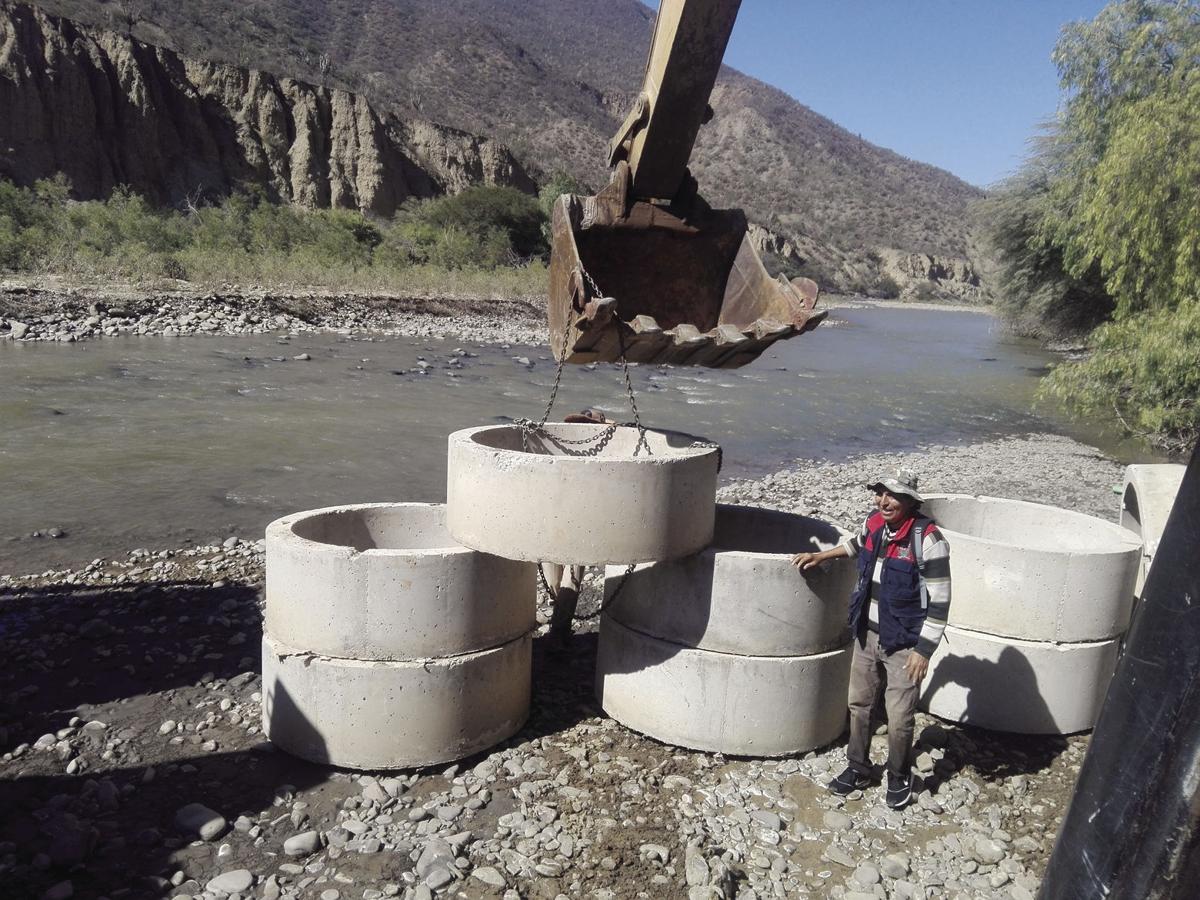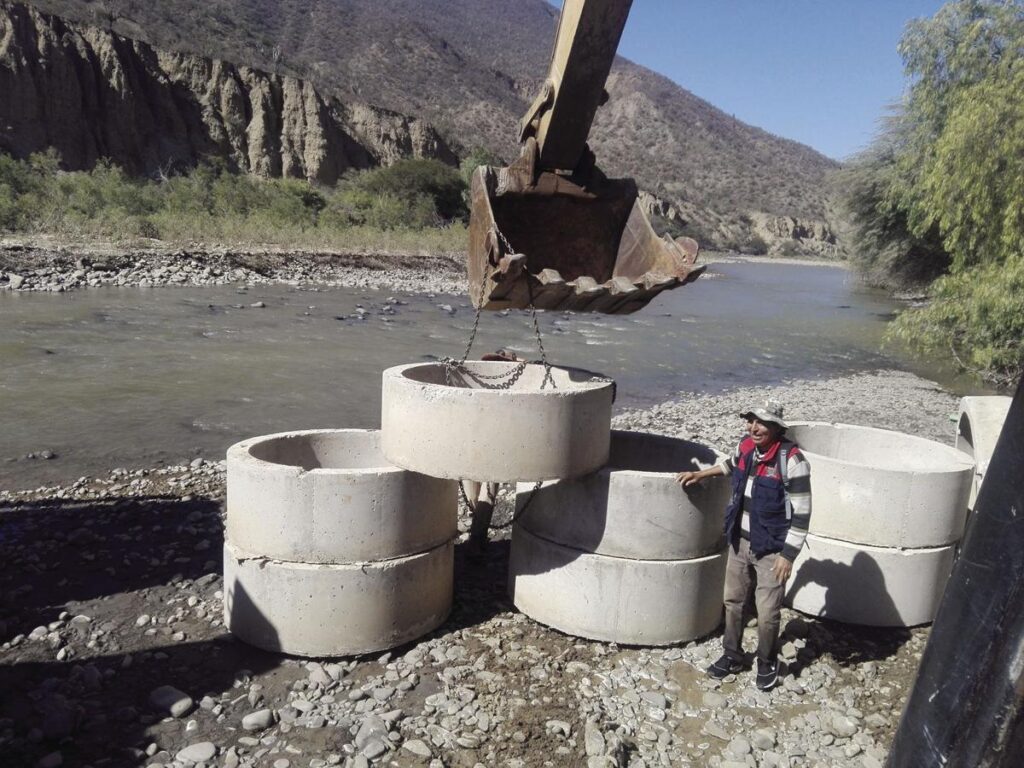The Crystal-New Hope-Robbinsdale Rotary Club (Minnesota, US – D 5950) recently made a financial contribution to Mano a Mano International for the construction of farm ponds along the Mizque River in the Omereque region of Bolivia.

The Omereque area is a mountainous, agricultural region which sometimes experiences severe drought — a situation which can be crippling for many subsistence farm families.
Jim Benshoof, a Crystal resident and director of international service for the club, said local officials in Bolivia requested help from the Mano a Mano International to help alleviate the problem through the construction of farm ponds and surface wells along the river’s edge.
“I learned about this organisation several years ago when they were awarded a $100,000 prize for their humanitarian service in Bolivia,” Benshoof said.
“I just became more and more interested in the work that they do and thought our rotary club should be supportive of their efforts as well.”
Mano a Mano has offices in St Paul and in Cochabamba, Bolivia.
The organisation was started by a couple who had a passion for helping impoverished people living in rural areas of their home country of Bolivia.
Benshoof said, the club first established a connection with Mano a Mano a few years ago. The two organizations first partnered to bring medical supplies to the country through grant funding.
It was through that partnership that Benshoof learned of the need for improved water storage in the Omereque area, so the club sponsored the project and began raising funds.
A group of Rotary clubs and Mano a Mano International raised $23,000 for the project that completed 70 farm ponds and 20 surface wells.
This project included support from the Minnetonka, Brooklyn Park, St Paul, Detroit Lakes Breakfast, and Bismarck Far West Rotary Clubs.
“The farm ponds collect rain, snow melt and spring water that flow down the gradual mountain slopes and then hold that water for use during the dry season,” he said.
“These farm ponds serve about 110 families. The surface wells provide access to water that seeps underground from the river.”
“These wells, which provide water even during periods when the river is dry, serve about 250 families. The result is that about 360 subsistence farm families now have sufficient water for their crops and livestock.”
Source: Sun Post






